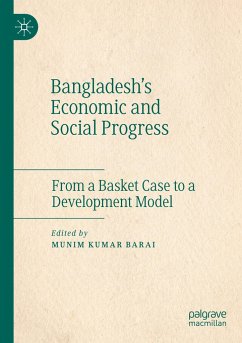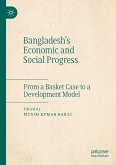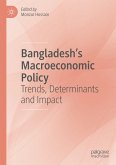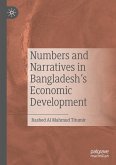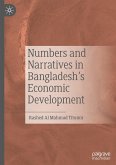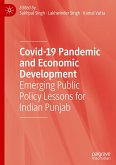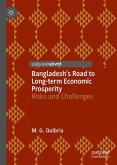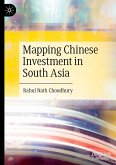This book evaluates Bangladesh's impressive economic and social progress, more often referred to as a 'development surprise'. In doing so, the book examines the gap in existing explanations of Bangladesh's development and then offers an empirically informed analysis of a range of distinctive factors, policies, and actions that have individually and collectively contributed to the progress of Bangladesh. In an inclusive way, the book covers the developmental role, relation, and impact of poverty reduction, access to finance, progress in education and social empowerment, reduction in the climatic vulnerability, and evolving sectoral growth activities in the agriculture, garments, and light industries. It also takes into account the important role of the government and NGOs in the development process, identifies bottlenecks and challenges to Bangladesh's future development path and suggests measures to overcome them.
By providing an inclusive narrative to theorize Bangladesh's development, which is still missing in the public discourse, this book posits that Bangladesh per se can offer a development model to other developing countries.
By providing an inclusive narrative to theorize Bangladesh's development, which is still missing in the public discourse, this book posits that Bangladesh per se can offer a development model to other developing countries.

